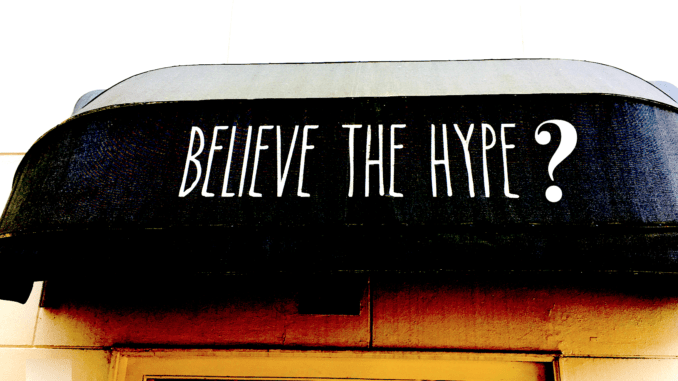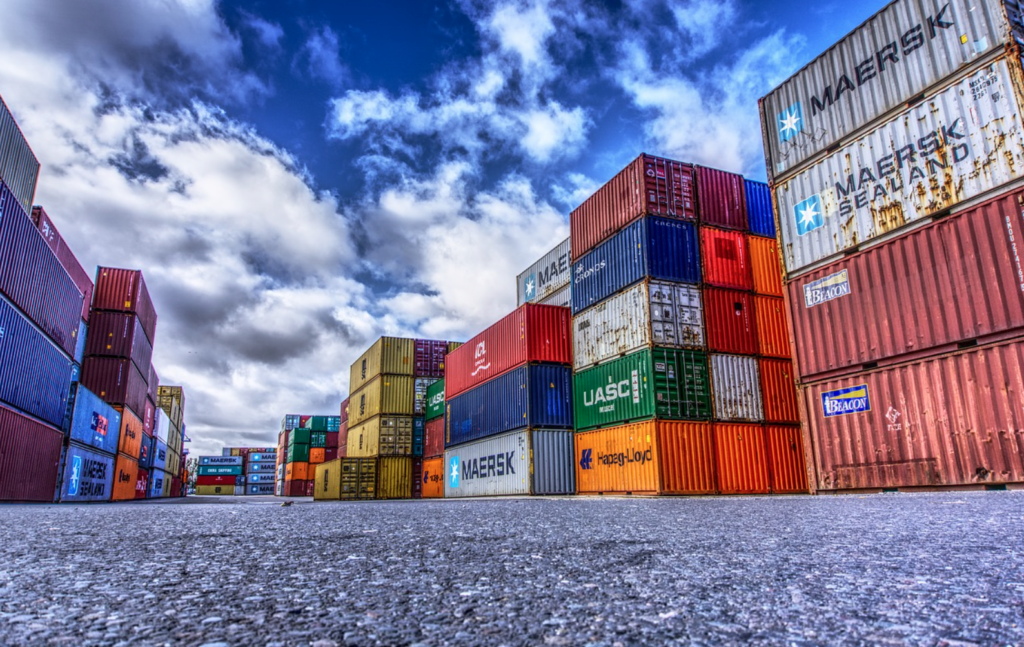
Other than AI tools, if there is one area of new technology that comes in for a regular kicking it’s that of blockchain-based applications. Yet, as the months roll by, rather than fading away more solid use cases for blockchain tech, backed by major banks, corporates and law firms, come to life.
A lot of the ICO/crypto trading side of things does indeed seem to have very little to do with innovation and more about bagging a fast buck. Yet, if we wade through the fog of Bitcoin trading you’ll find some very serious work going on.
Let’s take the new commodity supply chain platform, Forcefield, as a case in point. A project that global law firm Allen & Overy (A&O) has devoted 45 lawyers to, across 12 of its offices.
The clients – who are working in a consortium and who are backing the project – are not exactly fringe players either. They include, among several others: Accenture, ABN Amro, Anglo American and ING Bank.

What Is Forcefield?
Forcefield is a digital platform that manages commodities throughout the supply chain life-cycle by implementing blockchain, internet-of-things (IoT) sensors and near-field communication (NFC) chips.
In short it tracks and it logs shipments to make sure no-one is playing games with inventory – which is not a small issue when one considers that global commodities trading is in the tens of billions of dollars each year.
The system will use traceability to help the supply chain monitor provenance throughout the product life-cycle. The Forcefield system will initially focus on refined metals, but functionality will be expanded across other areas.
Yep, that’s a lot of buzzwords there for sure. But, this is for real. As A&O explains: ‘The system enhances security of title and the efficiency of related processes to reduce both risks and costs of handling physical inventory. It is designed to facilitate not only trade in physical commodities, but also financing.’

I.e. when you have a lot of different players involved in moving an object of value around the world, (e.g. a container full of copper), databases that are not siloed, that don’t need management by just one party, and where multiple parties can share data cheaply and securely (i.e. without needing paper forms and lots of sometimes unreliable human approval) then blockchain tech can be useful.
In this case the Forcefield system also includes a financing aspect. And A&O really threw a range of talents at the matter, including its Banking, Corporate/M&A, Regulatory, Litigation, IP, IT and Antitrust teams.
Now, A&O is clearly getting paid for this work. But, taking on a project like this for clients of this calibre on the basis that you don’t really have any faith in it does seem rather unlikely. Even more unlikely is that companies such as Accenture and Anglo American would want a legal adviser that was just paying ‘lip service’ to their project and didn’t really think it worthwhile. There are a lot of law firms out there – smart clients tend to pick the ones who believe in their business and see a future in it.
Moreover, as regular readers of Artificial Lawyer have seen, when it comes to the issue of commodities, banks and trading houses keep going back to blockchain as a solution.
Clearly there has to be a reason for this. And the reason is simple: they don’t feel the current way of doing things is good or secure enough. Could there be another, even better way of handling these issues that didn’t involve a blockchain type system? Absolutely. Perhaps there will be soon enough. But, right now, this seems to be the only game in town – so they’re going for it.
What A&O Says
Explaining some more about the project, one of the A&O lawyers working on the matter, Tom Longmuir, said: ‘Forcefield is a commodity trading first, and is intended to mitigate systemic industry risks of the kind suffered in Qingdao through innovation. It will do this by implementing a blockchain-based title and traceability concept in relation to physical supply, moving trading and financing away from paper-based to electronic systems.’
The ‘Qingdao scandal‘ refers to a serious mess in China involving the port of Qingdao, where, to put it politely, the shipping of commodities went a little off the rails, pockets were filled, money was lost, and it all triggered a mass of recriminations, a loss of trust and general panic over the lack of reliable data oversight in areas such as metals trading. It also triggered some massive lawsuits, some in the hundreds of millions of US dollars.
In short, no-one wants to see a repeat of this. But, with the current siloed data system there is no guarantee it’s not happening right now in some port, somewhere in the world.
Victor Ho, another of the A&O lawyers involved, added: ‘The development of Forcefield is further evidence of the evolution of the global commodities industry, and the cornerstone role China plays in that market. As industry participants collaborate to accelerate innovation, A&O’s global platform allowed us to play a key contributory role with multi-jurisdictional legal issues playing an important part in the architecture of the platform.’
So, there you go. Is blockchain a universal panacea? Nope. But, clearly there are sensible use cases, and this looks to be one of them.
—
The A&O team included:
Corporate partner Victor Ho led in relation to corporate and technology matters, working with counsel Ben Crawford in Beijing, together with London partner Will Samengo-Turner and Paris counsel Tom Longmuir.
Banking partners Adrian Mellor in Paris, Niels de Ru in Amsterdam and Prakash Segaran and Barry Irwin in Singapore are advising in relation to financing and commodity trading matters on the platform.
Partner David Por in Paris is leading on IP strategy, working with associate Cyril Riffaud. Litigation partner Anthony Mansfield in Washington D.C. is advising on compliance and regulatory matters.